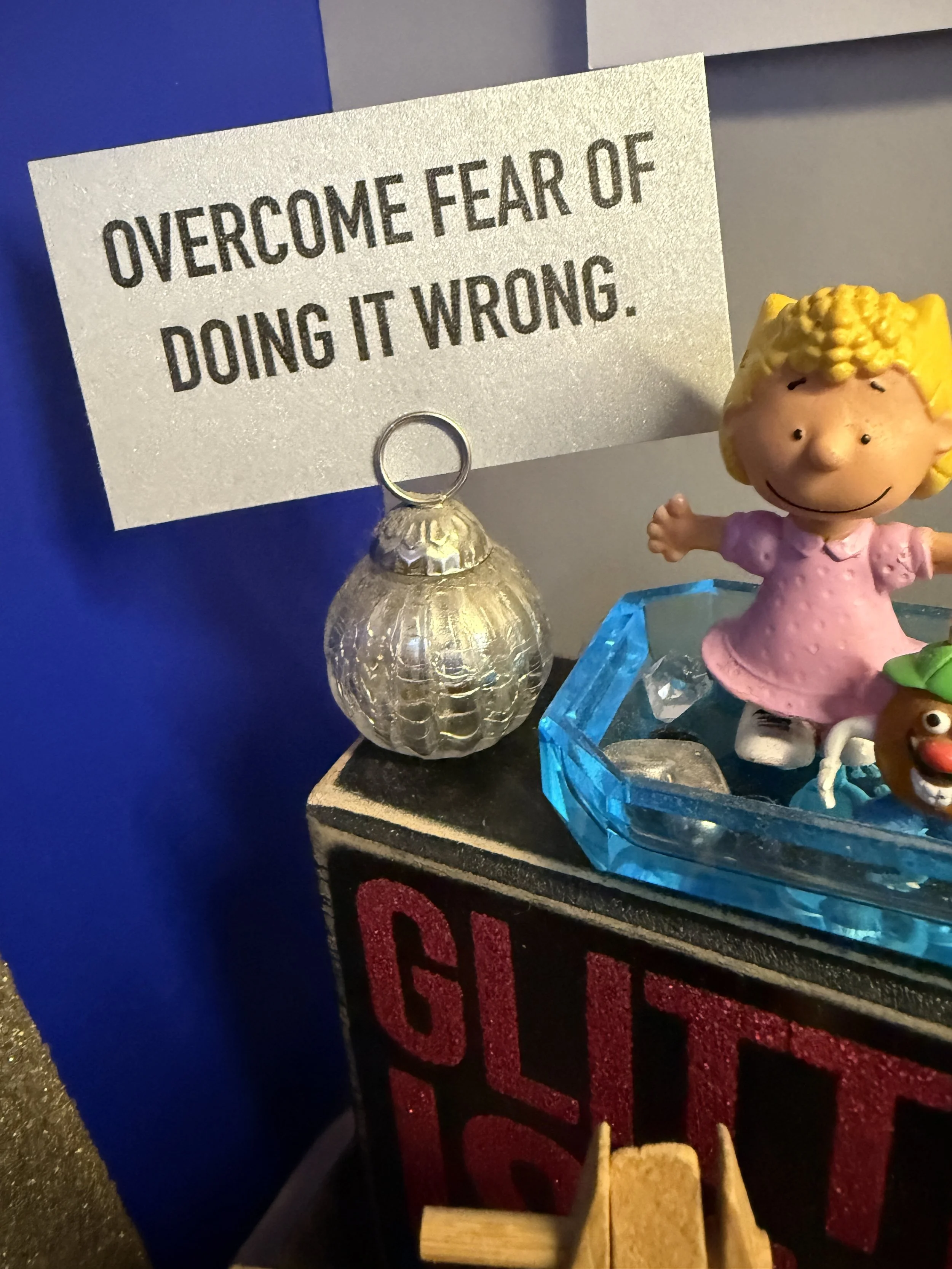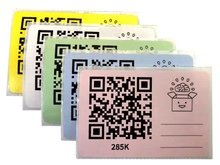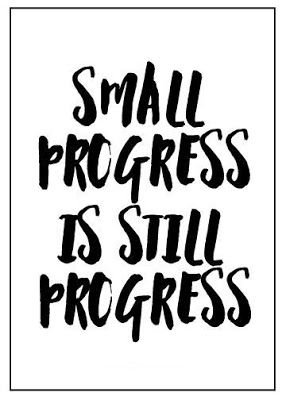Fall brings changing colors, cooler weather, and hope for what can be. The new season offers many possibilities. There are countless options for activities to try, goals to pursue, information to gather, relationships to develop, stuff to declutter, and paths to explore. So many possibilities may seem endless, intimidating, or overwhelming.
What happens when you have too many choices? Does it prevent you from moving forward? Do you get stuck and struggle to make meaningful progress?
Judith Kolberg, an organizing industry thought leader, author, and friend, said, “We live in the Era of Endless, confronted by infinite information, incessant interruptions, constant distractions, unending work, and boundless stuff. All this endlessness butts up against the one thing that remains intractably finite: time.”
Possibilities are limitless, but our time is not. Knowing this, how can you move forward anyway? There are several strategies, such as narrowing the focus, facing the fear, and redefining the problem, that can help.
Narrow the Focus
I don’t know about you, but when I face too many choices, my brain begins to shut down. Sorting through multiple options and weighing their pros and cons can be overwhelming.
Narrowing your options can help you get unstuck. The ideal number might be evaluating three choices at a time. However, if that feels like too many, try two.
Let’s say you’re decluttering your closet. You have twenty pairs of pants, but you want to have only ten. First, organize them by color or category. Gather each group, such as black, navy, casual, or dress pants. Hold up two at a time from a group. Once that group is complete, move on to the next group.
Ask questions like:
Do I like this pair more than the other one?
Which pair fits or feels best?
Is it worn out, repairable, or worth repairing?
Are the pants the same?
Do I need both?
These types of questions will help you:
Narrow your options
Get unstuck
Reduce or eliminate overwhelm
Help you reach your objective of having fewer pants
Modify and use this strategy when your focus is too broad. Break choices into several categories to place boundaries around possibilities and decision-making options.
Face the Fear
Endless possibilities can also bring up fear. When fear is present, it can be paralyzing, causing you to do nothing.
Reflect on these questions to see if fear is holding you back:
When exploring new possibilities, is fear an obstacle?
Is it about fear of choosing the wrong option?
Is it about fear of making a mistake?
Is it about fear of what others might think about your decision?
There are no guarantees in life. When you’re unsure, it’s natural to feel apprehensive. But don’t let that stop you. Instead of focusing on fear, reframe the ‘adventure’ as an experiment. This mindset will encourage you to try things with less pressure. Experimenting is about curiosity, learning, and growth, not punishment or black-and-white thinking.
As a reminder, I keep a sign on my desk. It says, “Overcome the fear of doing it wrong.”
“Possibilities are limitless, but our time is not.”
Redefine the Problem
When possibilities appear endless, it can cause confusion about goals and progress.
In the book Daily Creative, by author, creative, and podcast host Todd Henry, he said, “At times, the feeling of ‘stuck-ness’ is really nothing more than a lack of clarity about what meaningful progress truly is. Simply redefining the problem can provide a quick jolt of forward momentum.”
He continued and said, “Consider a project you’re struggling to make progress on. What are you really trying to do?” That’s such a powerful question! Clarifying can help you cut through the noise from competing factors, options, and possibilities. The strategy encourages you to revisit the challenge and then define what you need and want to do at that moment.
Working with Endless Possibilities
In an age of information and choice overload, it’s no wonder you get stuck. It’s no surprise that you’re struggling to make progress. However, now you have three strategies that can help with focus, fear, and problems. What helps you navigate limitless possibilities? Which idea resonates most with you?
I’d love to hear your thoughts. I invite you to join the conversation.
How Can I Help?
Do you feel overwhelmed, stuck, or disorganized? I’m here to help! Virtual organizing is an extraordinary path forward – Local feel with a global reach.
Let’s talk. I’m easy to reach.
Schedule a Discovery Call
Fill out the Contact form
Email me at linda@ohsorganized.com or
Call 914-271-5673
Getting organized and making progress is possible, especially with support.

















